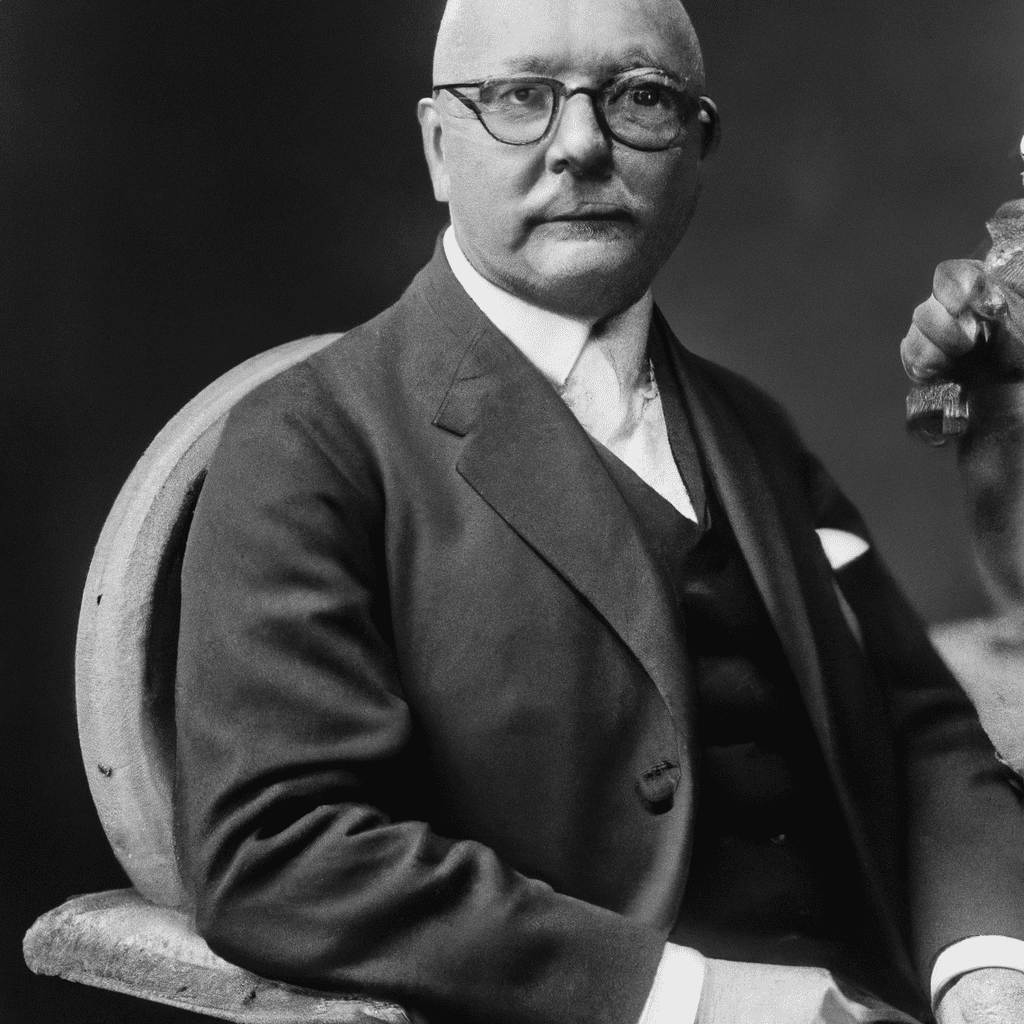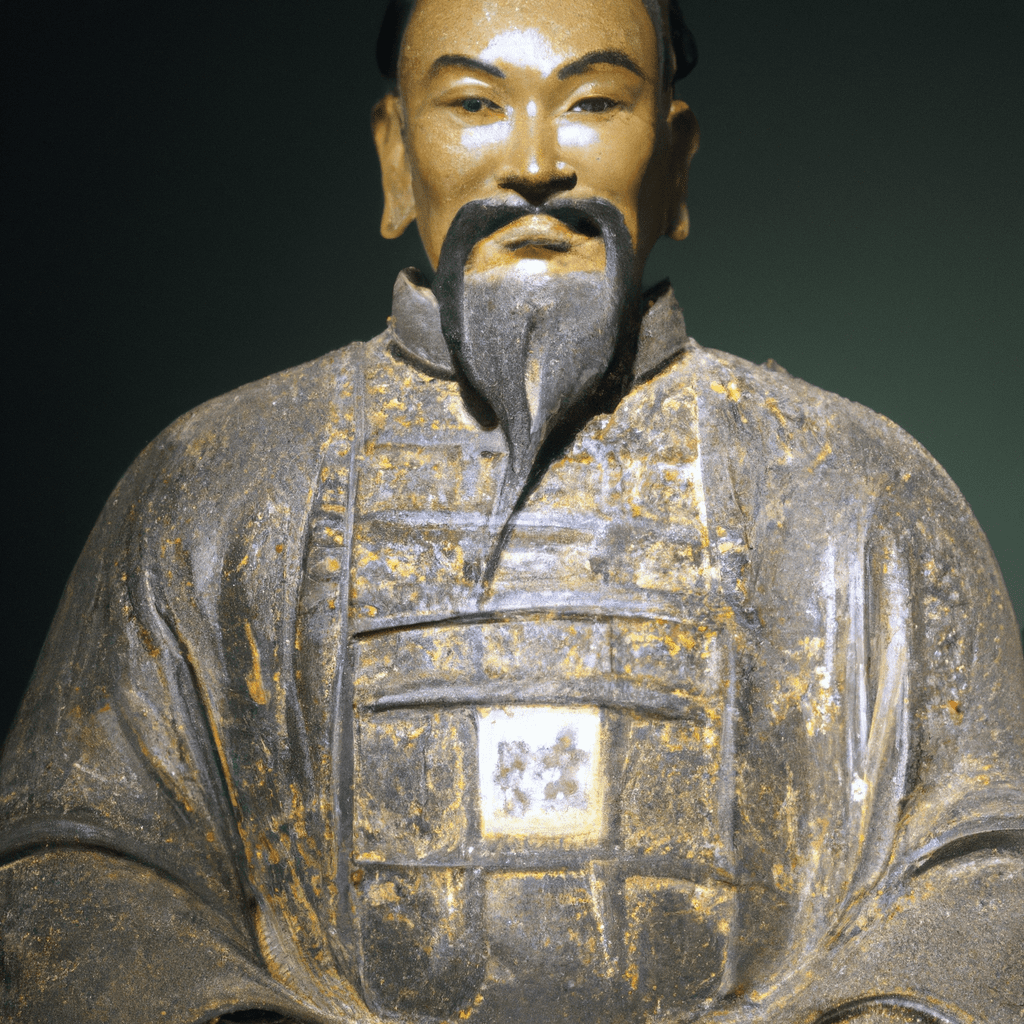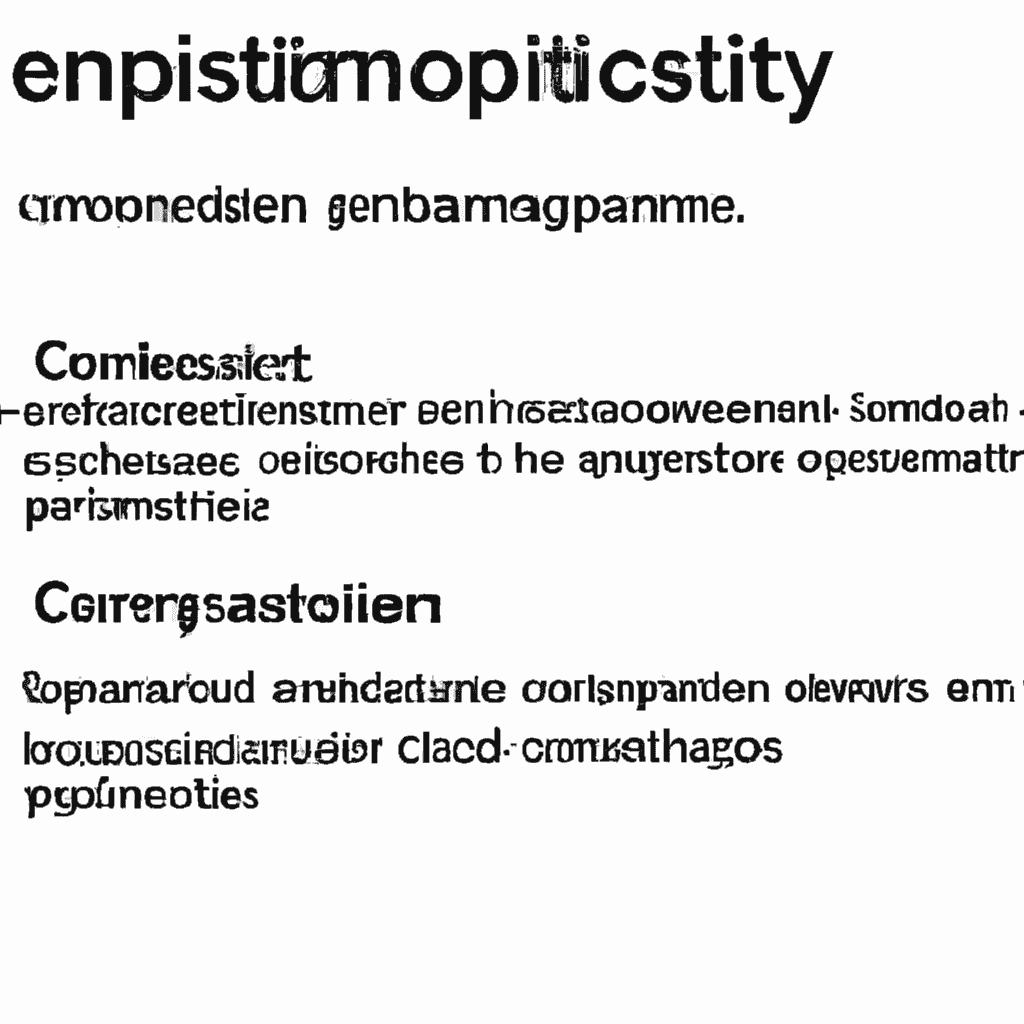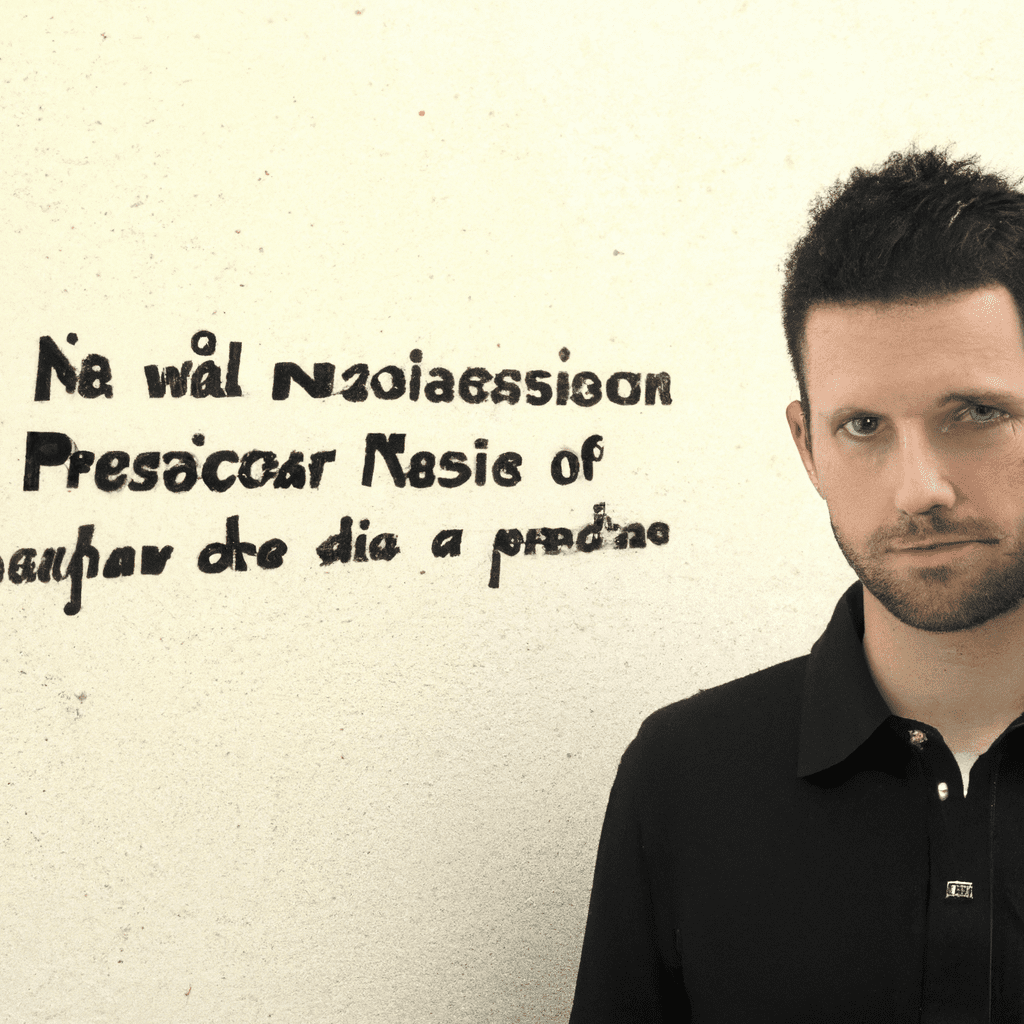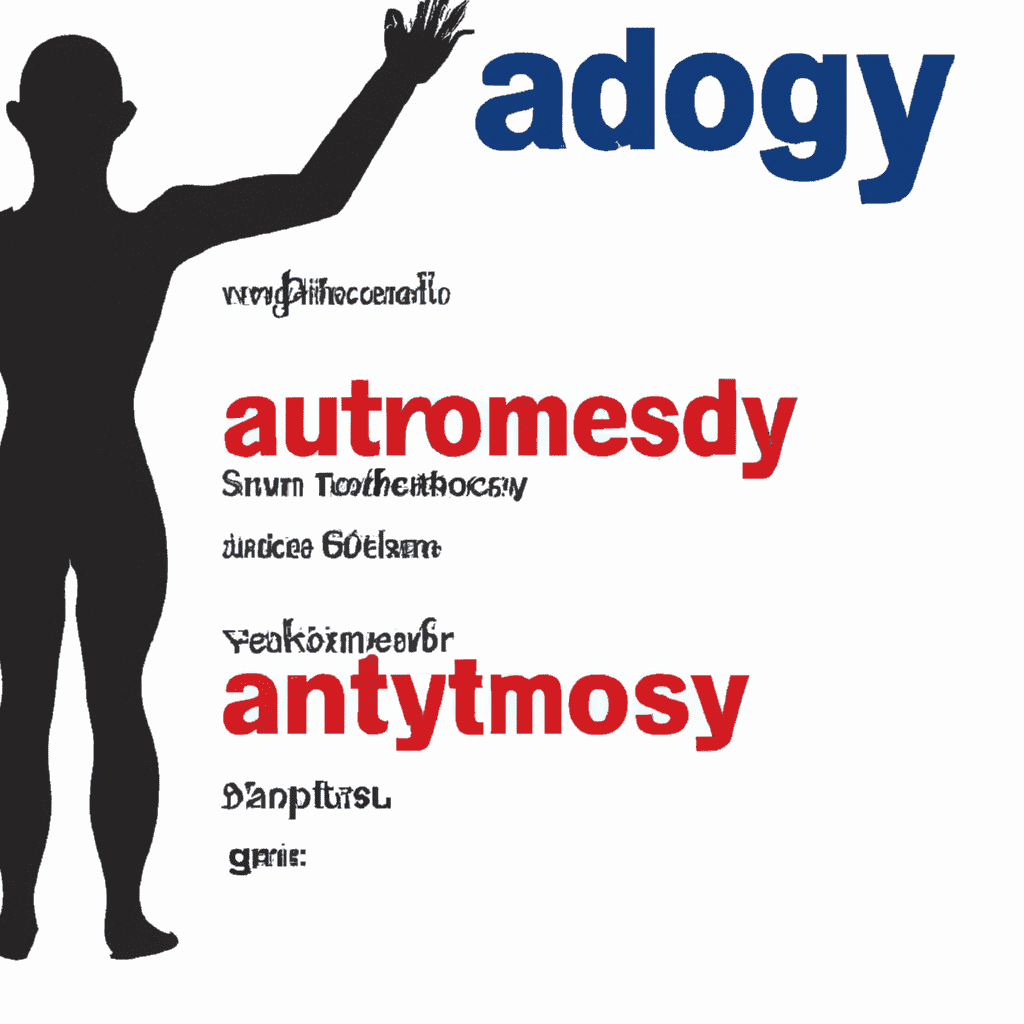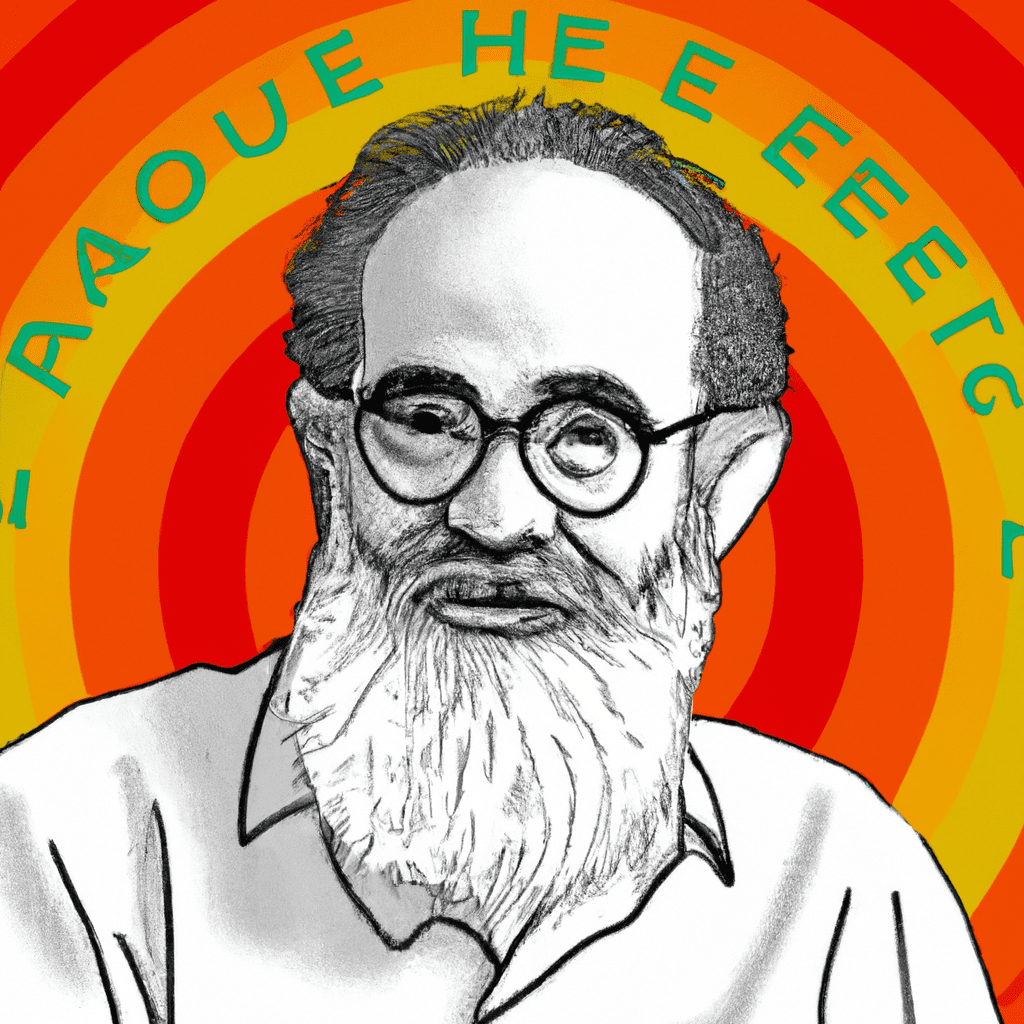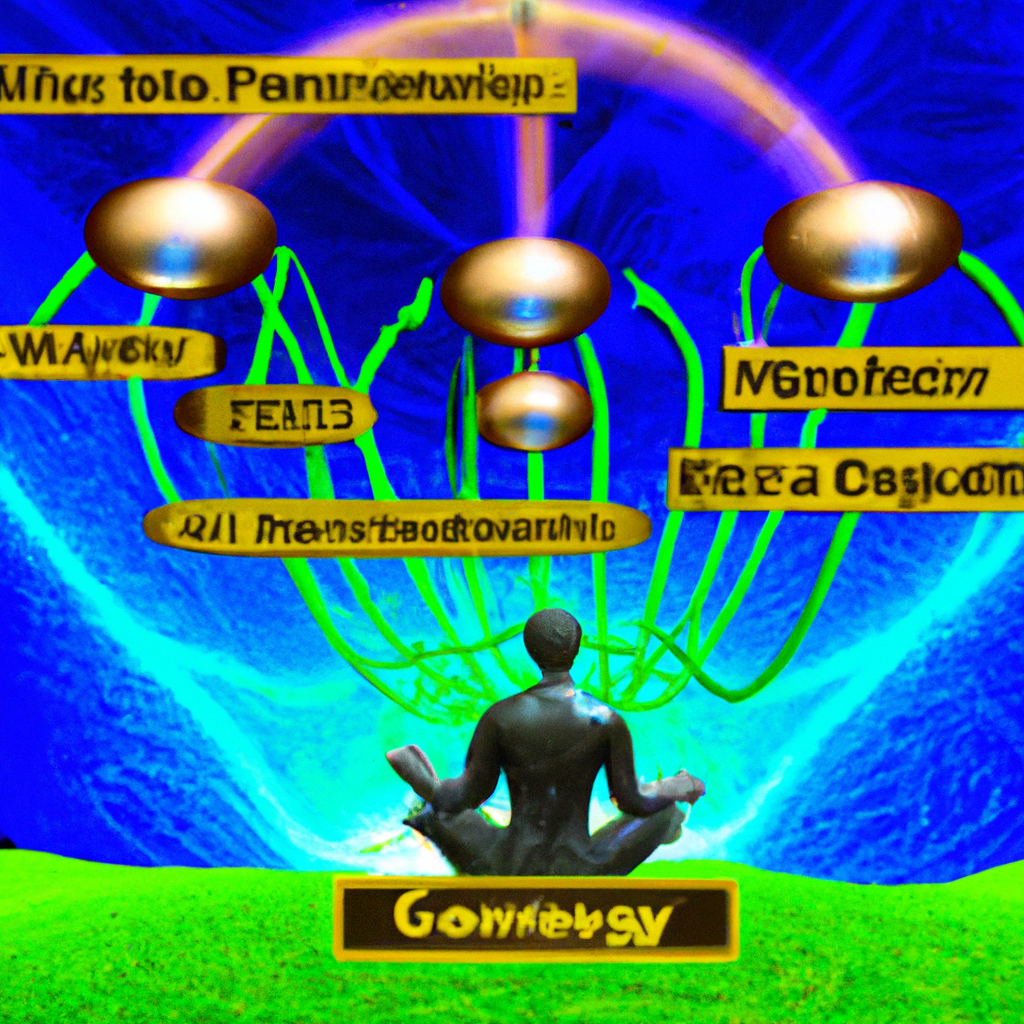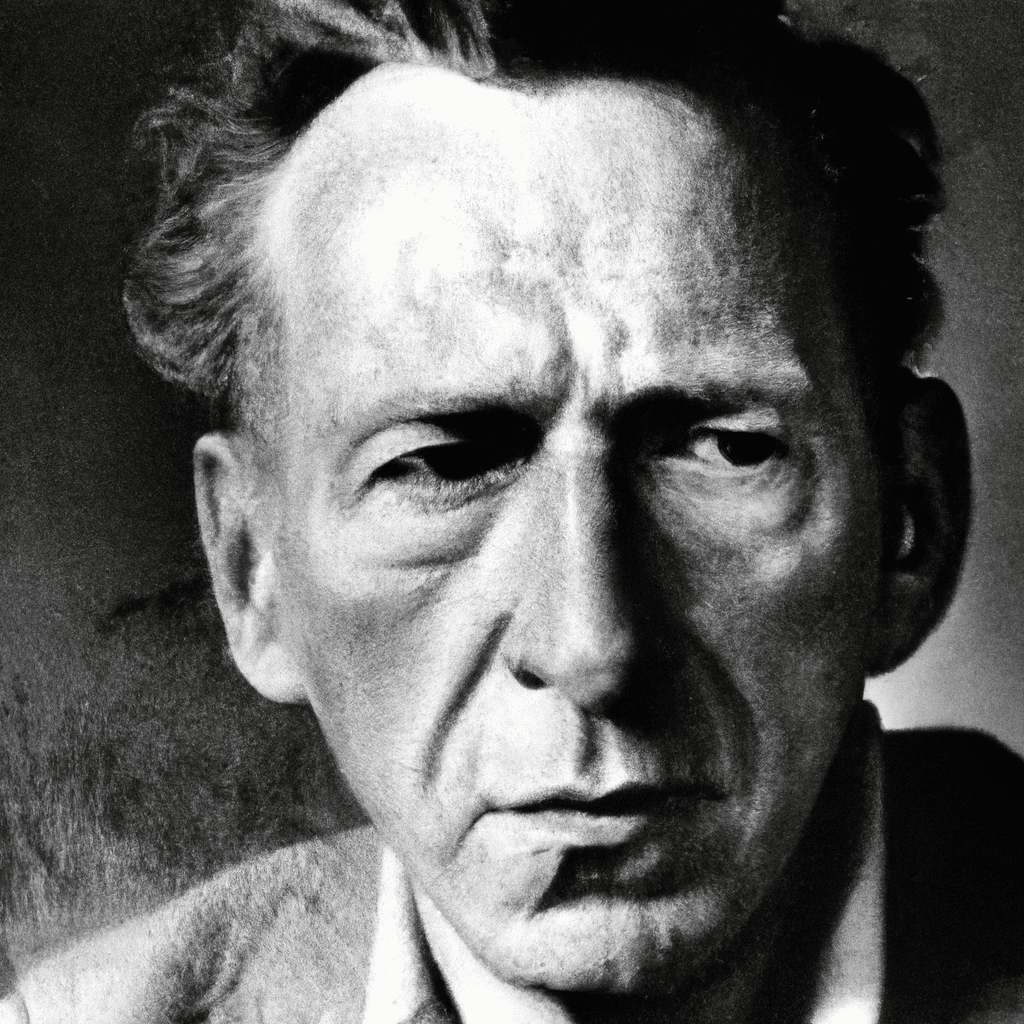Harold Henry Joachim (1868—1938) Harold Henry Joachim (1868-1938) was a minor idealist philosopher working in the neo-Hegelian tradition that dominated British philosophy at the end of the nineteenth century. At the time, this tradition was…
Browsing CategoryWiki Filosofía
Cheng Hao (Cheng Mingdao, 1032—1085)
Cheng Hao (Cheng Mingdao, 1032—1085) Cheng Hao, also known as Cheng Mingdao, was a pioneer of the neo-Confucian movement in the Song and Ming dynasties, which is often regarded as the second epoch of the…
Epistemic Consequentialism
Epistemic Consequentialism Consequentialism is the view that, in some sense, rightness is to be understood in terms of conduciveness to goodness. Much of the philosophical discussion concerning consequentialism has focused on moral rightness or obligation…
Personalism
Personalism Personalism is any philosophy that considers personality the supreme value and the key to the measuring of reality. Its American form took root in the late nineteenth century, flowered in the twentieth century, and continues…
Human Dignity
Human Dignity The mercurial concept of human dignity features in ethical, legal, and political discourse as a foundational commitment to human value or human status. The source of that value, or the nature of that…
Bodily Awareness
Bodily Awareness Most of us agree that we are conscious, and we can be consciously aware of public things such as mountains, tables, foods, and so forth; we can also be consciously aware of our…
Religious Disagreement
Religious Disagreement The domain of religious inquiry is characterized by pervasive and seemingly intractable disagreement. Whatever stance one takes on central religious questions—for example, whether God exists, what the nature of God might be, whether…
Paulo Freire (1921—1997)
Paulo Freire (1921—1997) By Slobodan Dimitrov – own work CC BY-SA 3.0 Paulo Freire was one of the most influential philosophers of education of the twentieth century. He worked wholeheartedly to help people both through…
Higher-Order Theories of Consciousness
Higher-Order Theories of Consciousness The most fundamental and commonly used notion of the term ‘conscious’ in philosophical circles is captured by Thomas Nagel’s famous “what it is like” sense (Nagel 1974). When I am in…
Maurice Merleau-Ponty (1908—1961)
Maurice Merleau-Ponty (1908—1961) Maurice Merleau-Ponty’s work is commonly associated with the philosophical movement called existentialism and its intention to begin with an analysis of the concrete experiences, perceptions, and difficulties, of human existence. However, he…

